Turkish Historical Figures: Unveiling the Remarkable Icons of Turkey's Rich Past
Turkey, a land that bridges Europe and Asia, has been home to numerous influential historical figures whose contributions have shaped its rich cultural heritage. From visionary leaders to brilliant scholars, courageous warriors to talented artists, Turkey's history is adorned with an array of remarkable personalities. In this blog post, we embark on a journey through time to explore the lives and legacies of some of the most prominent Turkish historical figures. Join us as we delve into the narratives of these extraordinary individuals, whose accomplishments continue to inspire generations and leave an indelible mark on Turkey's captivating past.
Mustafa Kemal Atatürk (1881-1938):
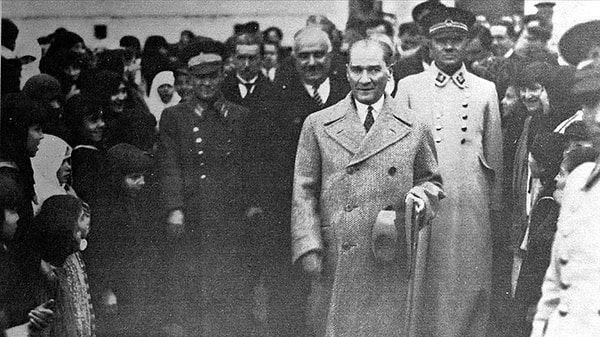
No exploration of Turkish historical figures would be complete without mentioning Mustafa Kemal Atatürk, the founder of modern Turkey. Known as the 'Father of the Turks,' Atatürk led the Turkish War of Independence, which resulted in the establishment of the Republic of Turkey in 1923. His visionary reforms transformed Turkey into a modern, secular nation, advocating for equality, education, and women's rights. Atatürk's progressive mindset and dedication to the nation's progress continue to shape Turkey's political and social landscape to this day.
Rumi (1207-1273):
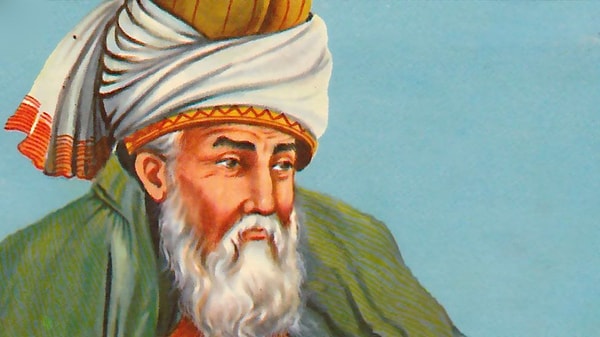
Jalal ad-Din Muhammad Rumi, commonly known as Rumi, is one of the most beloved figures in Turkish history. Born in Persia (now Iran), Rumi spent the majority of his life in Turkey, where he composed his timeless poetry and founded the mystical Sufi order known as the Mevlevi Order, or the Whirling Dervishes. Rumi's poetry, filled with spiritual wisdom and deep insights into the human condition, has transcended time and cultural boundaries, touching the hearts of millions around the world. His legacy endures as a testament to the power of love, compassion, and spiritual enlightenment.
Mehmed the Conqueror (1432-1481):
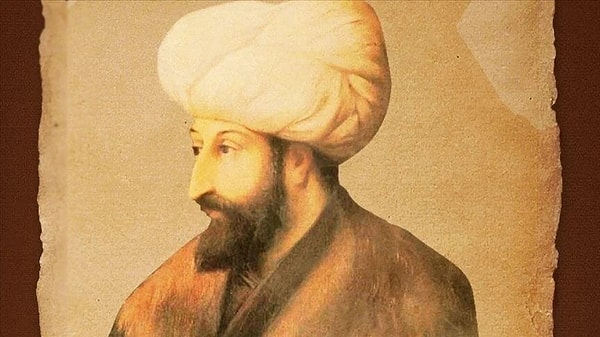
Mehmed the Conqueror, also known as Mehmed II, stands as one of Turkey's most celebrated historical figures. As the Ottoman Sultan, he achieved a momentous triumph by capturing Constantinople in 1453, marking the end of the Byzantine Empire and the beginning of the Ottoman era. Mehmed's military prowess and strategic brilliance transformed the city into Istanbul, which served as the capital of the Ottoman Empire for centuries. His reign witnessed remarkable advancements in architecture, arts, and culture, leaving an enduring impact on the region.
Hürrem Sultan (1502-1558):
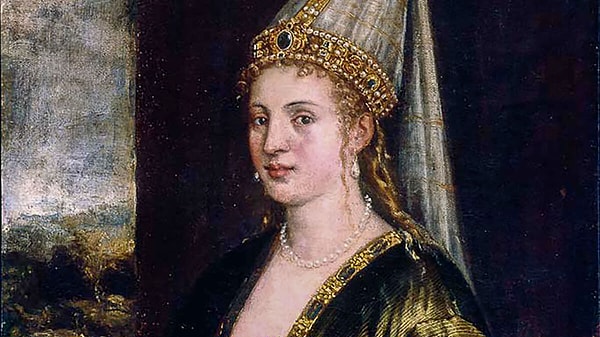
Hürrem Sultan, also known as Roxelana, was a remarkable figure in the Ottoman Empire during the 16th century. As the wife of Sultan Suleiman the Magnificent, she rose from being a slave in the imperial harem to becoming a prominent figure at the Ottoman court. Hürrem Sultan exerted significant influence over political affairs and played an instrumental role in shaping Ottoman foreign policy. Known for her philanthropy and support for the arts, she left a lasting legacy as a powerful and influential woman in a time of patriarchal rule.
İbn-i Sina (980-1037):
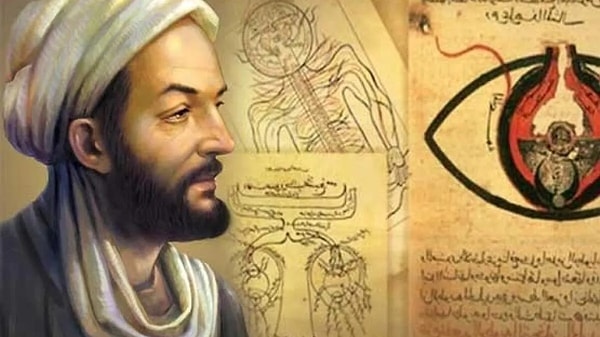
İbn-i Sina, also known as Avicenna, was a polymath whose contributions to various fields revolutionized intellectual thought. Born in what is now Uzbekistan, İbn-i Sina's prolific works encompassed philosophy, medicine, astronomy, and more. His masterpiece, 'The Canon of Medicine,' became a foundational text in medical education for centuries, exerting a profound influence on the development of medical science. İbn-i Sina's legacy as a philosopher, physician, and scholar continues to inspire scholars and intellectuals worldwide, solidifying his status as one of the most influential figures in Turkish and Islamic history.
Nazım Hikmet (1902-1963):
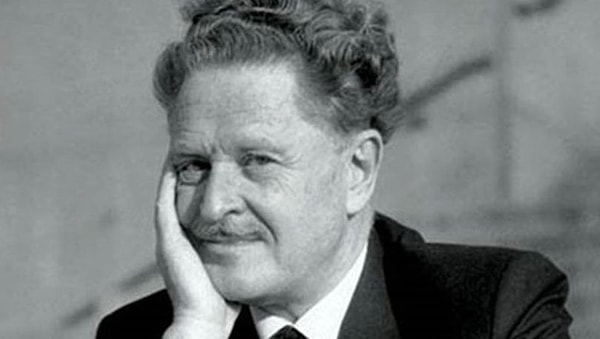
Nazım Hikmet, hailed as Turkey's greatest modern poet, left an indelible mark on Turkish literature and political activism. As a prominent figure of Turkish literature in the 20th century, Hikmet's poetry reflected his unwavering commitment to social justice and his empathy for the common people. Despite enduring numerous imprisonments for his political beliefs, Hikmet's lyrical verses resonated with the masses, encapsulating their hopes, dreams, and struggles. His poetry, characterized by its emotional depth and profound humanism, continues to inspire generations of poets and readers alike.
Kösem Sultan (1590-1651):

Kösem Sultan was a prominent figure in the Ottoman Empire during the 17th century. As a powerful queen mother, she wielded significant political influence and played a crucial role in the empire's affairs. Kösem Sultan became known for her intelligence, diplomacy, and keen understanding of statecraft. She navigated the complexities of court politics, exerting her influence over multiple sultans and guiding the empire through turbulent times. Kösem Sultan's legacy as a shrewd and influential political figure remains a testament to the strength and resilience of women in Ottoman society.
Orhan Pamuk (1952-present):

Orhan Pamuk, a contemporary Turkish writer and Nobel laureate in Literature, has made substantial contributions to the world of literature. Known for his captivating storytelling and insightful exploration of Turkish society, Pamuk's novels bridge the gap between tradition and modernity, delving into themes of identity, memory, and cultural clashes. His critically acclaimed works, including 'Snow' and 'My Name Is Red,' have garnered international recognition and have been translated into numerous languages. Through his literary prowess, Pamuk has elevated Turkish literature to a global stage, captivating readers with his profound narratives.
Sabiha Gökçen (1913-2001):

Sabiha Gökçen, the first female combat pilot in the world, holds a unique place among Turkish historical figures. Born in 1913, she was adopted by Mustafa Kemal Atatürk and became a symbol of female empowerment and breaking gender barriers. Gökçen's passion for aviation led her to join the Turkish Aeronautical Association and later the Turkish Air Force. She went on to become a skilled pilot, participating in various military operations and breaking new ground for women in the field of aviation. Gökçen's courageous spirit and determination continue to inspire generations of women and serve as a testament to the limitless possibilities of pursuing one's dreams.
Do you know any other influential Turkish figures? Tell us in the comments!
Keşfet ile ziyaret ettiğin tüm kategorileri tek akışta gör!


Send Comment